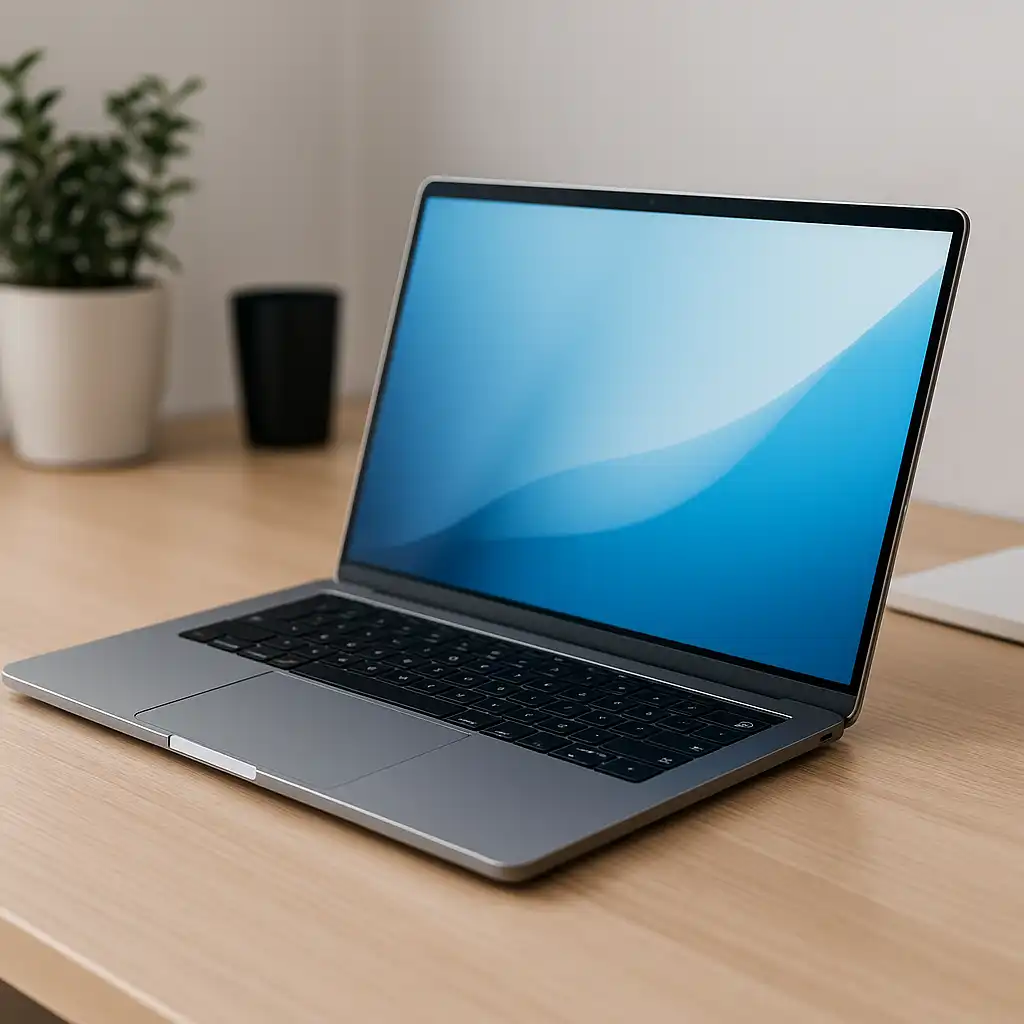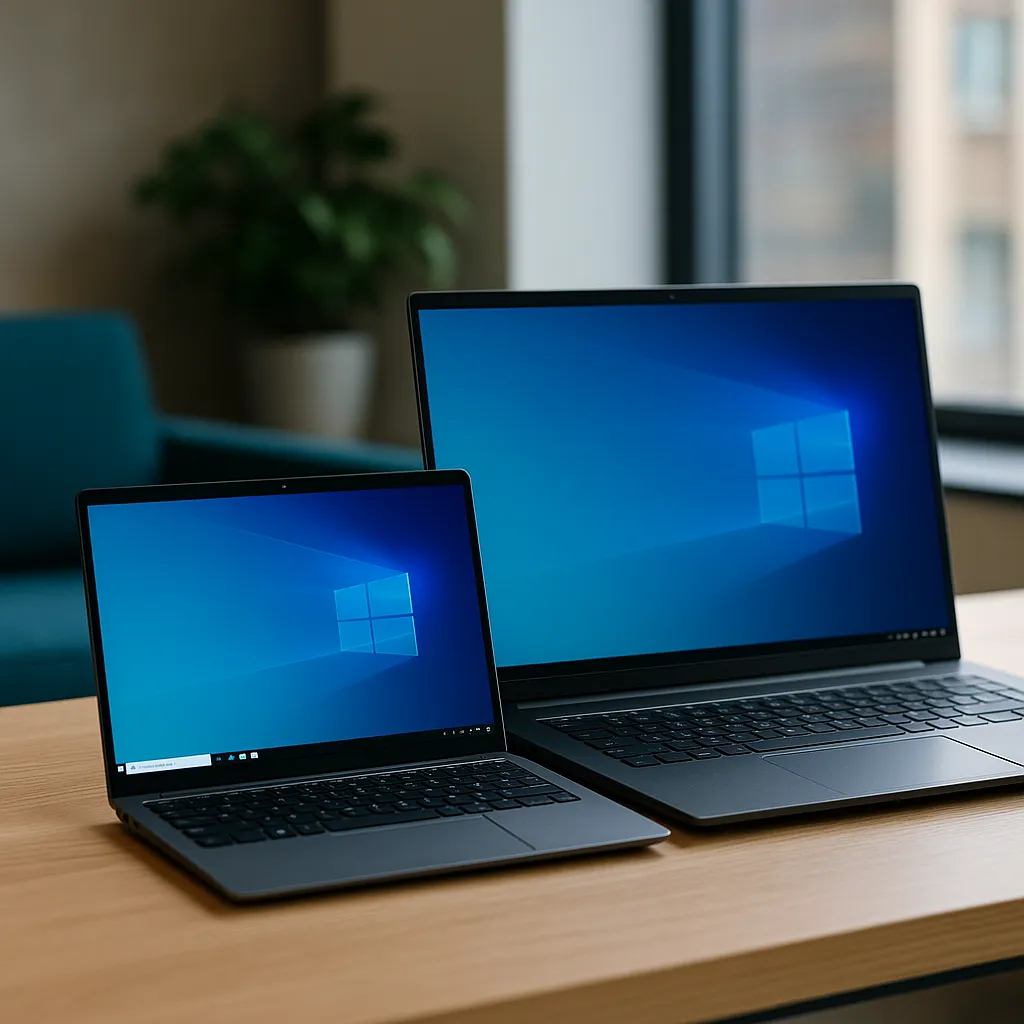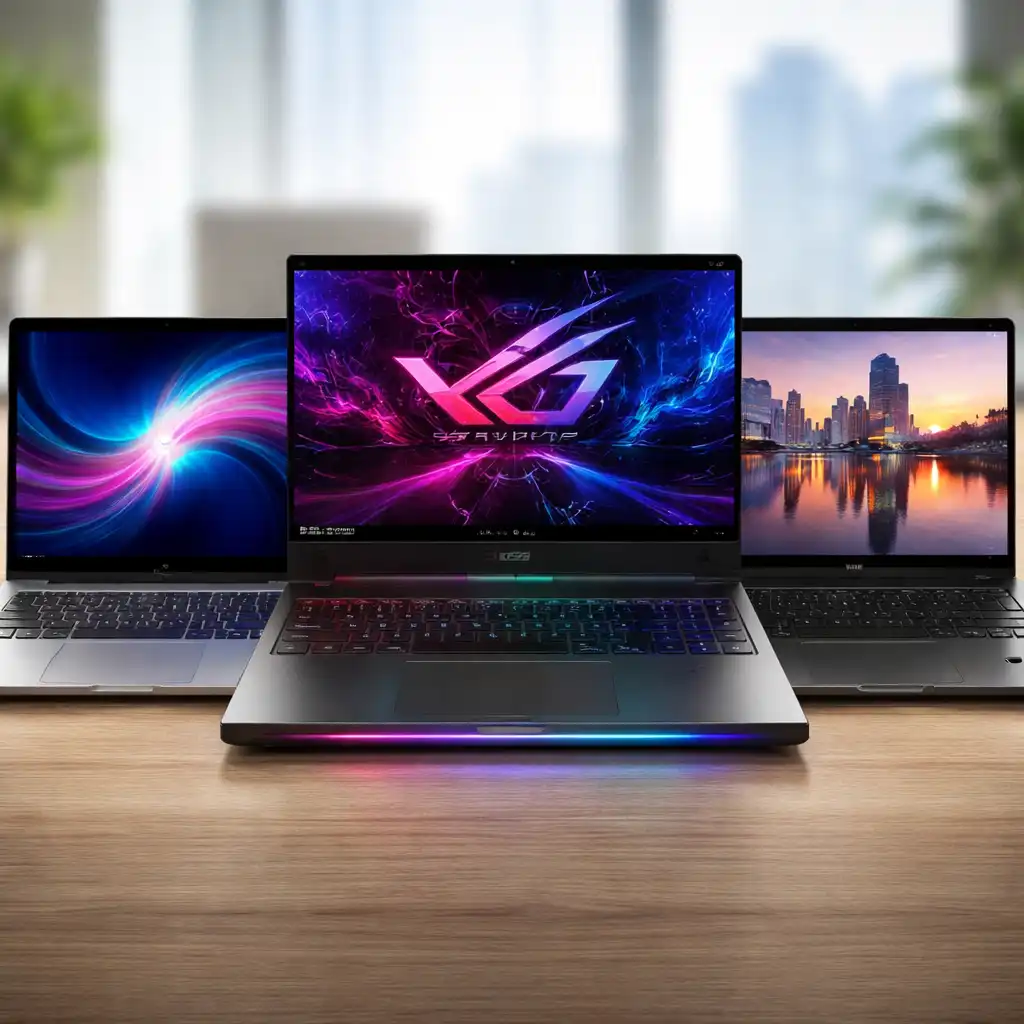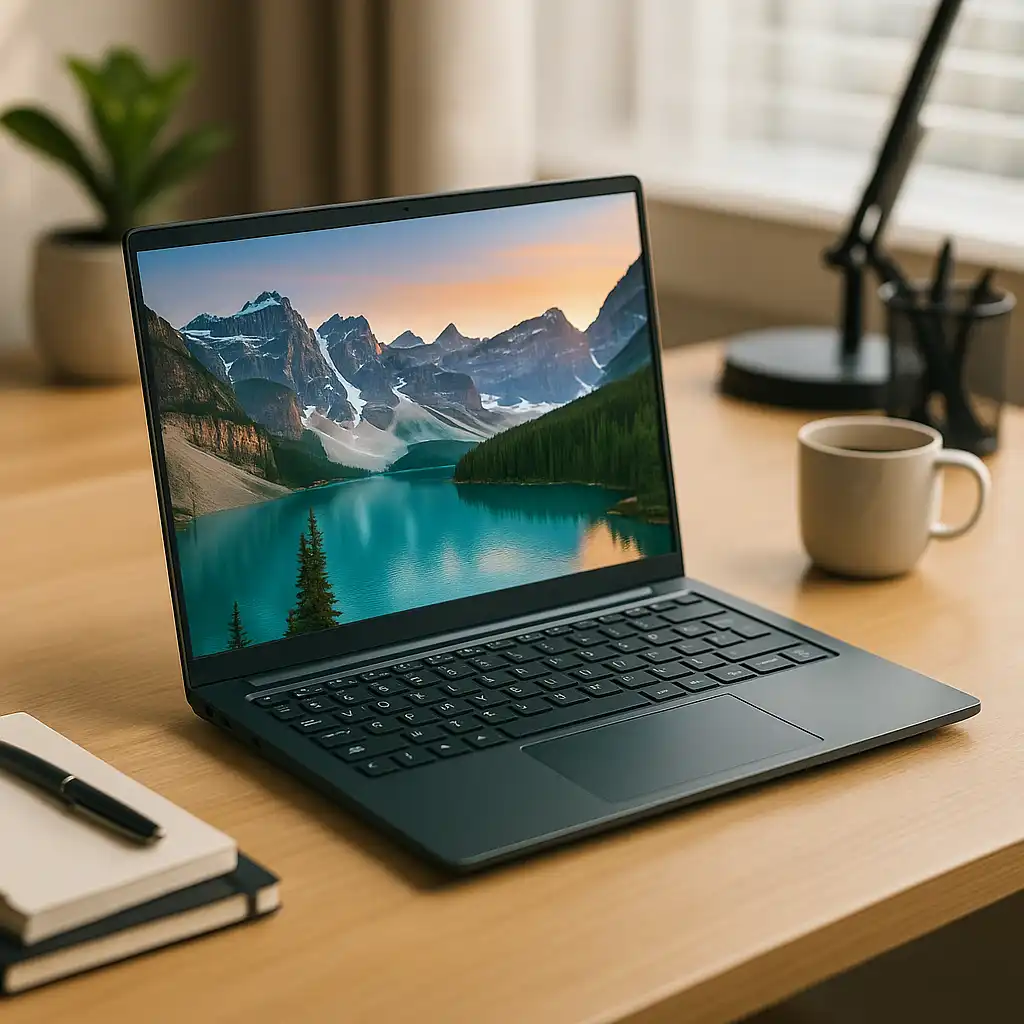Apple Silicon vs Intel: Which Laptop Platform Is Better in 2025 for Performance, Battery Life, and Everyday Use?
Disclosure: This post contains affiliate links. LaptopVoyager.com participates in the Amazon Associates Program and may earn commissions on qualifying purchases, at no extra cost to you.
Last Updated: December 2025
Apple’s shift away from Intel marked one of the biggest changes in modern laptop design. Apple Silicon introduced major gains in battery life, efficiency, and quiet performance, while Intel continues to power a wide range of Windows laptops with strong compatibility and hardware flexibility. Choosing between them isn’t about which chip wins benchmarks—it’s about which platform fits how you actually work and use your laptop every day.
👉 If you want a broader CPU perspective before deciding, this processor overview explains how different laptop chips compare in real-world use: how to choose the right laptop processor
🔍 What Is Apple Silicon?
Apple Silicon refers to Apple’s custom ARM-based processors, including the M-series chips, designed specifically for macOS and Apple hardware. These chips combine the CPU, GPU, memory, and neural engine into a single, highly efficient system-on-a-chip.
In everyday use, Apple Silicon laptops are known for:
- Excellent battery life, even during long work sessions
- Silent or near-silent operation
- Strong performance per watt
- Tight hardware and software integration
Because Apple controls both the chip and macOS, apps built for the platform tend to run smoothly and efficiently with minimal background overhead.
🔍 What Is an Intel Laptop Platform?
Intel processors power most Windows laptops and are also widely used with Linux. Intel focuses on compatibility, performance scaling, and flexibility across many laptop designs and price ranges.
Intel-based laptops typically offer:
- Broad support for Windows software and drivers
- A wide variety of brands, designs, and price points
- Strong performance for productivity and gaming
- Better support for legacy tools and professional software
For users who rely on Windows-only apps or specialized hardware, Intel remains a practical and familiar option.
🔍 Performance: Apple Silicon vs Intel in Daily Use
For everyday tasks like browsing, office work, and media consumption, both Apple Silicon and Intel laptops feel fast and responsive.
Apple Silicon stands out for:
- Consistent performance without fans ramping up
- Creative tasks optimized for macOS
- Long workloads with minimal throttling
Intel performs better for:
- Heavy multitasking across many apps
- Software that isn’t optimized for macOS
- Gaming and GPU-intensive workloads on supported systems
Raw performance depends heavily on the specific chip, but efficiency and sustained performance generally favor Apple Silicon.
🔍 Battery Life and Efficiency
Battery life is one of Apple Silicon’s biggest strengths.
MacBooks powered by Apple Silicon often last significantly longer than Intel laptops during normal use. Standby efficiency is also excellent, with very little battery drain when the laptop is closed.
Intel laptops have improved efficiency with newer generations, but Apple Silicon still leads when long unplugged use is a top priority.
🔍 Software Compatibility and Ecosystem
This is where the decision often becomes personal.
Apple Silicon runs macOS apps natively and supports many iOS and iPadOS apps. Intel laptops run virtually all Windows software without limitations.
If you’re curious how Apple’s ARM chips compare to other non-x86 platforms, this comparison breaks down Apple Silicon versus Snapdragon laptops and where each platform fits best: Apple Silicon vs Snapdragon laptops.
Ultimately, your comfort with macOS or Windows plays a major role here.
🔍 Upgradeability and Hardware Flexibility
Apple Silicon Macs have soldered memory and storage, meaning RAM and SSDs can’t be upgraded later.
Intel laptops vary widely. Many models allow RAM or storage upgrades and offer more ports, display sizes, and form factors.
If hardware customization and long-term flexibility matter to you, Intel laptops usually have the advantage.
📌 Key Takeaways
- Apple Silicon excels at efficiency, battery life, and quiet performance
- Intel offers broader software compatibility and more hardware choice
- Apple Silicon is ideal for macOS users and creative workflows
- Intel is better for gaming, Windows-only apps, and upgrades
- Ecosystem fit matters more than raw benchmark scores
🟢 FAQs
Q: Is Apple Silicon faster than Intel?
Apple Silicon leads in efficiency and performance per watt, but raw speed depends on the specific chips being compared.
Q: Can Apple Silicon run Windows apps?
Not natively. Emulation exists, but Intel laptops provide better Windows compatibility.
Q: Which platform has better battery life?
Apple Silicon laptops generally last longer on a single charge.
Q: Are Intel laptops better for gaming?
Yes. Gaming support and GPU options are far stronger on Intel-based systems.
✅ Conclusion
Apple Silicon and Intel laptops are built for different types of users. Apple Silicon is the better choice if you value battery life, quiet operation, and a polished macOS experience. Intel remains the more flexible option for Windows users, gamers, and professionals who rely on specific software or hardware. The best platform isn’t the one with the highest benchmark—it’s the one that fits how you work every day.






